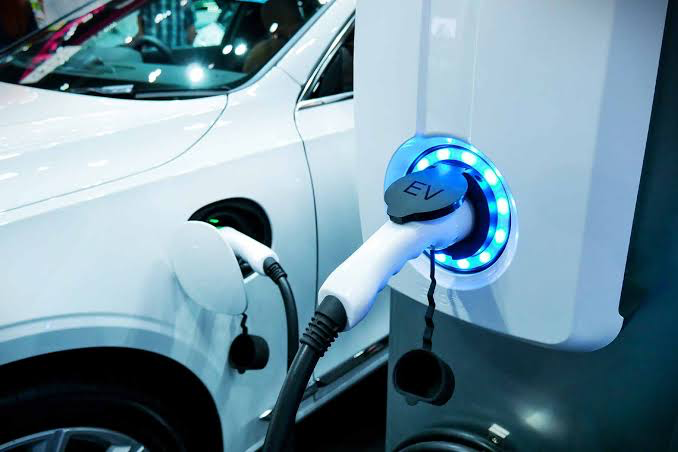South Africa’s Electric Vehicles White Paper, released Monday, underscores a significant shift towards renewable energy. This change, as Trade, Industry, and Competition Minister Ebrahim Patel stressed, is crucial for the successful transition to electric vehicles (EVs).
Patel, speaking in Pretoria, emphasized that for the electric vehicle market to flourish in South Africa, the national energy grid must become greener. This move isn’t just about combating climate change but also about ensuring that the EV charging infrastructure relies more on renewable energy.
The Cabinet-approved EVs White Paper aims to align South Africa with the global trend of moving from internal combustion engine vehicles to more sustainable alternatives, including battery electric vehicles and hybrids. This shift is particularly pertinent as South Africa’s transport sector, primarily road transport, is the second-largest contributor to the country’s CO2 emissions.
The urgency of this transition is heightened by global market trends. The National Association of Automobile Manufacturers of South Africa (Naamsa) reported that a significant portion of South Africa’s vehicle exports go to the EU and the UK, regions planning to ban new internal combustion engine vehicle sales by 2035.
Last year, the automotive industry contributed significantly to South Africa’s GDP and accounted for a substantial part of the country’s total trade GDP. “This transition is vital not only for climate change but also for sustaining our industrial policy,” Patel stated.
However, challenges such as the country’s current energy crisis and a coal-dominated energy mix pose obstacles to this transition. The White Paper argues that shifting the national energy mix towards renewable sources is critical for the EV transition’s success.
South Africa currently does not manufacture EVs locally, which poses risks to its automotive industry and employment. The first phase of the White Paper focuses on building production capabilities for electric vehicles.
Regarding the grid’s capacity to support EVs, concerns arise given the current energy challenges. However, private companies are stepping in with off-the-grid charging solutions. South Africa had about 350 public EV charging stations as of mid-2023, with plans for expansion.
Phase 2 of the White Paper addresses stimulating demand for EVs. Despite a significant global surge in EV sales, South Africa lags with only a small fraction of its vehicles being electric. Dr. Norman Lamprecht of Naamsa points to the high price differential between EVs and traditional vehicles as a major inhibitor, a gap that government incentives in other countries have helped bridge.
The transition to electric vehicles is a complex but necessary step for South Africa, contributing to global decarbonization efforts. Patel acknowledges the challenges and the need for thoughtful navigation to ensure a just transition that considers the impact on existing jobs and industries.
This transition represents not just a shift in transportation modes but a larger movement towards a greener, more sustainable future for South Africa. The government’s commitment to this shift, as outlined in the White Paper, sets the stage for significant changes in the automotive industry and national energy policies.



